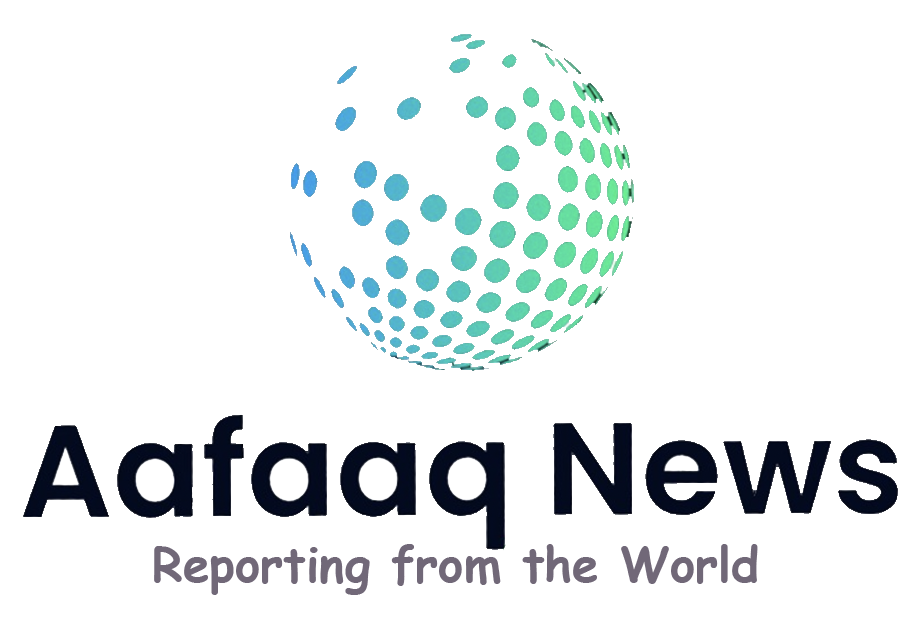In a landmark development aimed at bolstering medical services and healthcare infrastructure, the Somali government, in collaboration with UN agencies, has inaugurated the national blood bank after a hiatus of three decades. This initiative holds the promise of enhancing medical support for the people, marking a significant step towards improving healthcare accessibility and quality within the nation.
The inauguration of the Somali National Blood Bank, held in the capital city, Mogadishu, signifies a resolute commitment to safeguarding and maintaining a secure and ample blood supply for the nation. Prime Minister Hamza Abdi Barre highlighted the paramount objective of enhancing the health and well-being of all Somalis. The blood bank’s establishment stands as a monumental achievement in its endeavor to provide secure and dependable blood products to those in need, particularly during critical medical situations.
The new blood bank, situated within Banadir Hospital, boasts an impressive capacity to accommodate up to 10,000 units of donated blood at any given time. Equipped with state-of-the-art technology, the facility ensures stringent screening, meticulous preparation, and secure storage of blood and related products. This approach guarantees both the safety and quality of the collected blood, aligning with global standards for healthcare provision.
Minister of Health and Human Services, Ali Haji Aden, extended gratitude towards the United Nations and generous donors whose support materialized the long-awaited blood bank. Expressing a shared sentiment of triumph, Aden emphasized the newfound capacity to address the blood-related requirements of specific demographic groups, including anemic women, those suffering from postpartum hemorrhage, anemic children, and trauma patients. The minister’s words underscored the profound impact of having a dedicated national blood bank after a gap of three decades.
Niyi Ojuolape, the representative of the United Nations Population Fund for Somalia, viewed the establishment of the Somali National Blood Bank as a tangible manifestation of a collective commitment to uplift the overall health of the Somali populace. The provision of a reliable and accessible blood supply system is poised to save lives and improve the health outcomes of countless individuals across the nation. Ojuolape’s sentiments encapsulated the shared optimism surrounding the transformative potential of the blood bank.
Ala’a Nemer, the country director of the United Nations Office for Project Services in Somalia, lauded the blood bank project as a testament to the unwavering dedication to bolstering Somalia’s healthcare infrastructure. The strategic focus on ensuring prompt and secure blood transfusions, when needed most, amplifies the caliber of medical services accessible to the Somali people. Nemer’s remarks reflect the international community’s commitment to supporting sustainable initiatives that drive positive change within the nation.
The inauguration of the Somali National Blood Bank represents a poignant moment in the country’s journey towards improved healthcare and medical support. As Somalia emerges from a prolonged period without such a vital resource, this achievement signals a turning point in its ability to respond effectively to medical emergencies and health challenges. The collaborative efforts of the government and UN agencies, fortified by the generosity of donors, demonstrate the profound impact that can be achieved through collective determination and dedicated action. The blood bank stands as a beacon of hope, fostering optimism for a healthier and more resilient future for the people of Somalia.











